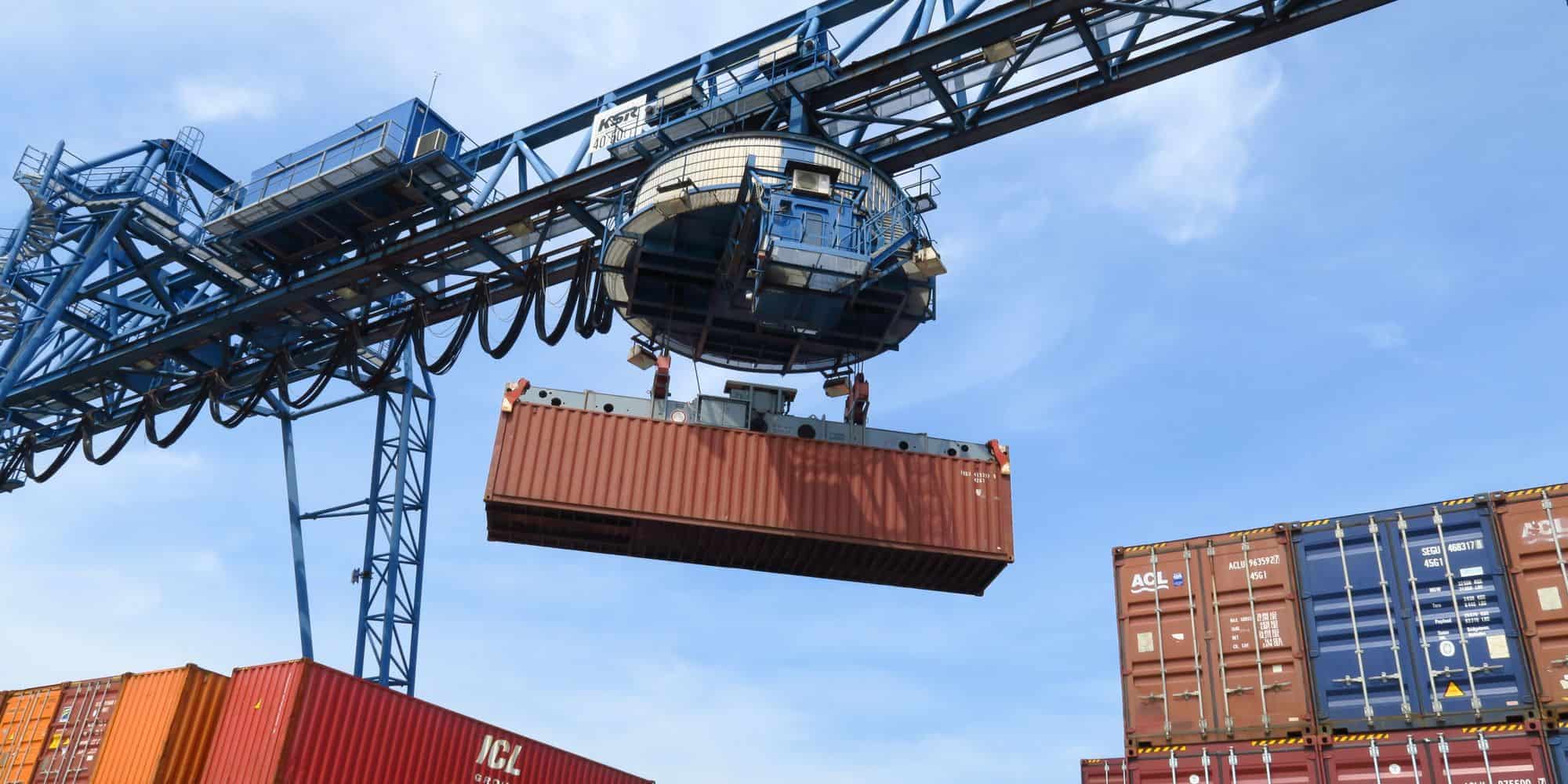If you are looking to explore a new market, Mexico can be a terrific country for both trade and export. With a strong energy industry and a thriving pharmaceutical industry, Mexico is pulling ahead as one of the best Latin American Countries to invest in. So, what should you know before exporting to Mexico and how should you go about it? Well, that is what we’re here to find out.
What to consider before exporting to Mexico
Even though exporting to Mexico may seem financially alluring, there are some major pitfalls that you need to avoid. Coming into the Mexican economy without any prior knowledge of business opportunities or the regulations is bound to leave you penniless in record time. So, to help mitigate this, we are going to go over the major points to keep in mind before you ship goods to Mexico.
It is important to note that neither this nor any other article can be an all-in-one export guide to Mexico. Instead, we suggest that you use the following information as a starting point for your further research. Also, when it comes to international shipping, we suggest that you speak to a company that specializes in shipping to Mexico to learn how to deal with it efficiently.
Business opportunities in Mexico
Numerous business opportunities exist in Mexico across a broad range of industries such as infrastructure, education, medical supplies, and energy. Therefore, if you plan on exporting to Mexico, we suggest that you first consider how your company can benefit from these industries. Mexico’s government is investing heavily in:
- Infrastructure – Two large projects. One is expanding Toluca and Mexico City airports. The other is connecting the major tourist centers in the Yucatan Peninsula with a 1,525 km cargo and passenger rail line.
- Education – The new Mexican government plans on opening 100 new public universities for 64,000 students. And, they are investing heavily in teaching local residents English through various projects.
- Medical supplies – Mexico is currently the number one exporter of medical devices in Latin America and the 8th in the world. Experts estimate that the consumption will be around $14 billion in 2020.
- Energy – Both geological exploration and renewable energy are among the highest growing industries in Mexico. These industries are closely connected to agriculture in Mexico, which is another strong industry. And, they both rely heavily on foreign investments and exports.
Top Exports to Mexico
According to the last available data from WTO, Mexico imported USD 476.5 billion worth of goods in 2018. The most popular importations to Mexico in 2018 ranked as follows (with percentage of total dollar value indicated).
-
- Electrical machinery, telephones & equipment (20.3% of total imports in Dollars)
- Machinery including computers (16.5%)
- Electronic integrated circuits and micro-assemblies (10.7%)
- Mineral fuels including petroleum, gas & oil (8.8%)
- Plastics & plastic articles (5.3%)
- Optical, technical, medical equipment (3.5%)
- Iron & steel (2.3%)
- Articles of iron or steel (2.1%)
- Organic chemicals goods (1.8%)
- Aluminum: $6.9 billion (1.5%)
Downsides
Before you start exploring these industries, there are a couple of things that you need to keep in mind. First, know that Mexico has strict regulations when it comes to imports. Any deviation from them can be harshly penalized.
Second, a large part of Mexico doesn’t speak English. This might seem trivial at first glance. But, once you realize that most of the paperwork will have to be in Spanish, you will know that this is not a trivial matter. So, if you already have knowledge of Spanish, great. Otherwise, you are better off hiring an employee who can work in Spanish and start learning it yourself. You will not be able to function properly in Mexico without it.
Regulations when Exporting to Mexico
Now that we have a better idea of what Mexico is like when it comes to export opportunities, let us take a closer look at the regulations. They, of course, can vary based on the products you plan on exporting as well as the country of manufacture and the quantities. The rundown that we will outline should give you a good idea of what to expect.
Jurisdiction and product classification
Product classification is one of the more important aspects you will have to tackle when it comes to exporting goods to Mexico. First, you will need to figure out who has jurisdiction over your goods. In all cases, this will be a certain department in your government. But, figuring out which one can be tricky. The same token goes for the Mexican government. Different branches and governmental agencies are involved with customs clearance. So, you may want to consider having a customs broker by your side from the get-go.
Once you figure out who has jurisdiction, you will have to classify your goods according to their rules. The classification of your items will impact export and the import control and regulations, which is why it is paramount that you tackle it carefully.
Import Restrictions and Prohibitions
The complete list of items that are prohibited for import to Mexico is quite long. Therefore, we will not cover it fully in our export guide to Mexico. Instead, we will point out the more important ones on the list. For the rest, we strongly suggest that you carefully check out which items are prohibited to import before making any plans. So, items that are not allowed in Mexico are:
- Narcotics
- Predatory animals.
- Used clothes (clothes that don’t have a clear statement of origin).
- Firearms.
If you plan on exporting used vehicles, steel, or medical equipment to Mexico, we strongly suggest that you study their import regulations regarding those items. There have been notable updates in the past couple of years, and missing them can cost you dearly.
Custom clearance
The most important relevant customs form is the Mexican pedimento, or the import general manifest. This Customs form is filled out by a Mexican customs broker and it is essential for any importation to pass customs clearance. Like in any other country, during the customs process, there is always a possibility that your goods will be selected for an inspection. Usually when this happens some additional charges will occur. It is the responsibility of the owner of the cargo to pay for these charges.
Documentation Requirements when Exporting to Mexico
When it comes to documentation, Mexico is pretty similar to any other country. There is, of course, a decent amount of paperwork that you will need to have when shipping to Mexico. Among them are:
- Bill of lading.
- Commercial invoice.
- Certificate of origin.
- Packing lists.
- Sales contract.
- Proforma invoice.
- AES filing (when exporting from the US)
- B13 filing (when exporting from Canada)
- Insurance policy. Additional cargo insurance is very necessary when shipping to Mexico as Mexican carriers hardly offer any liability once the cargo is on Mexican soil.
Depending on what items you are exporting and where you are exporting them from, you might need additional documentation to be able to do the customs clearance. But, for that, we advise that you consult a company that specializes in shipping to Mexico to ensure that there will be no hiccups during your export.
Modes of Transportation to and within Mexico
Goods entering Mexico from Canada, USA and Central America are mainly transported by ground. Almost 40 % of all imported goods cross via the US-Mexico border.
All other goods being imported into Mexico are transported by ocean. The ports of Veracruz, Manzanillo, Lázaro Cárdenas and Altamira handle most of the importations coming from China, Japan, South Korea and all other countries.
Transportation within the Mexican territory is mostly done over the road with rail and sea freight following far behind. The road system covers almost the entire country, though most of it is in poor condition.
Final Thoughts
Exporting to Mexico requires extensive knowledge of the shipping process as well as having the right connections. Making the right decisions and offering the most convenient solutions to ship your cargo are also as important. This is why it is essential to work with a freight forwarding company that specializes in shipping to Mexico and has a proven track record of success.


 LAC Team
LAC Team


